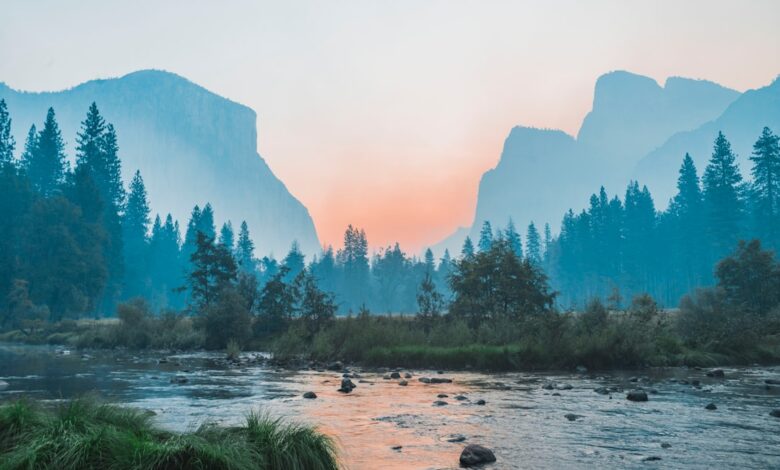Best Free Landscape Design App

Dreaming of a beautiful backyard oasis, a vibrant front garden, or a completely transformed landscape? You don’t need to be a professional designer or spend a fortune to bring your vision to life. There are some fantastic free landscape design apps that can help you plan and visualize your dream outdoor space.
As someone who loves gardening and tackling DIY projects, I’ve explored several of these apps myself. I’ve found that they can be incredibly helpful for everything from figuring out plant placement to experimenting with different hardscaping features. Let’s take a look at some of the best free options available and how they can assist you in creating the landscape you’ve always wanted.
Why Use a Landscape Design App?
Before we dive into specific apps, let’s quickly cover why using one can be so beneficial. Here are a few key reasons:
- Visualization: See your ideas come to life before you even start digging. Most apps allow you to create a virtual model of your yard and experiment with different layouts and plants.
- Planning: Avoid costly mistakes by planning your design in detail. These apps can help you calculate material quantities, choose the right plants for your climate, and optimize your space.
- Inspiration: Explore a wide range of landscape styles and features. Many apps include libraries of pre-designed templates and ideas to spark your creativity.
- Collaboration: Share your designs with friends, family, or contractors for feedback and input.
Top Free Landscape Design Apps
Alright, let’s get to the good stuff! Here are some of the best free landscape design apps I’ve found, along with their key features and what makes them stand out:
1. iScape: This app is super user-friendly and great for beginners. One of its coolest features is its augmented reality (AR) capability. You can take a photo of your existing yard and then overlay your design ideas onto the image. This makes it really easy to visualize how different plants, trees, and hardscaping elements will look in your actual space. iScape also has a vast library of plants and materials to choose from. While the free version has some limitations, it’s a fantastic starting point.
2. Home Outside: If you prefer a simpler, more intuitive interface, Home Outside is an excellent choice. It focuses on creating hand-drawn-style landscape plans, which can be perfect for brainstorming and developing initial concepts. It offers a wide variety of design elements, including plants, buildings, and outdoor furniture. The free version allows you to create basic landscape plans, and you can upgrade for access to more advanced features and a larger library of elements.
3. Planter: Planter is a web-based application that is great for those that prefer working on a computer rather than a mobile device. It’s free to use, and contains lots of tutorials to help get started, and a plant database tailored to your hardiness zone. It features a drag and drop functionality for easy customization of your landscape design.
4. SmartDraw: While not strictly a landscape design app, SmartDraw is a powerful diagramming tool that can be used to create detailed landscape plans. It offers a wide range of templates and symbols specifically for landscape design, and it’s great for creating precise, professional-looking plans. SmartDraw offers a free trial period, which gives you access to all of its features for a limited time.
Tips for Using Landscape Design Apps Effectively
To make the most of these apps, here are a few tips I’ve learned along the way:
- Start with a clear vision: Before you even open the app, take some time to think about what you want to achieve with your landscape design. What style are you going for? What functions do you want your outdoor space to serve?
- Measure your space accurately: The more accurate your measurements, the more realistic your design will be. Use a measuring tape or laser distance measurer to get precise dimensions of your yard.
- Consider your local climate: Choose plants that are well-suited to your region’s climate and soil conditions. Most apps have plant databases that include information about plant hardiness zones and sunlight requirements.
- Don’t be afraid to experiment: The beauty of these apps is that you can try out different ideas without any commitment. Play around with different layouts, plants, and materials until you find something you love.
- Get feedback from others: Share your designs with friends, family, or a local gardening expert for feedback and suggestions. A fresh pair of eyes can often spot things you might have missed.
Frequently Asked Questions
Are these apps really free?
Yes, the apps mentioned above offer free versions that allow you to create basic landscape designs. However, some apps may offer in-app purchases for access to additional features, content, or support.
Do I need any special skills to use these apps?
No, most landscape design apps are designed to be user-friendly, even for beginners. They typically feature intuitive interfaces and helpful tutorials to guide you through the design process.
Can I use these apps to create professional-quality landscape designs?
While these apps can be helpful for creating detailed landscape plans, they may not be a substitute for professional landscape design services, especially for complex projects. However, they can be a great way to develop your ideas and communicate your vision to a landscape designer or contractor.
What if I need help using the app?
Most landscape design apps offer helpful tutorials, FAQs, and customer support resources. You can also find plenty of online tutorials and videos that demonstrate how to use the apps effectively.
Beyond the App: Considerations Before You Start
While apps are great for planning, remember to consider some practical aspects before you actually start digging. Think about things like:
- Your budget: Factor in the cost of plants, materials, and any professional services you might need.
- Your time and skills: Be realistic about what you can accomplish yourself and what you might need to hire a professional for.
- Local regulations: Check with your local authorities to see if there are any permits or restrictions on landscaping projects in your area.
- Maintenance: Consider the long-term maintenance requirements of your landscape design. Choose plants and materials that are relatively low-maintenance if you don’t want to spend a lot of time on upkeep.
Ultimately, the best free landscape design app is the one that best suits your needs and preferences. Try out a few different options and see which one feels the most comfortable and intuitive for you. With a little planning and creativity, you can use these apps to create a beautiful and functional outdoor space that you’ll enjoy for years to come. Happy landscaping!



